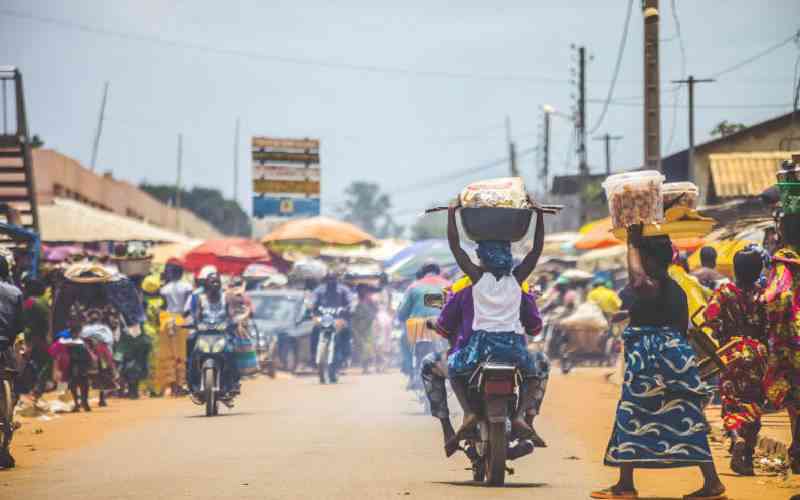
On July 11, 2023, African nations commemorated two decades since the inception of the Maputo Protocol, a momentous and progressive legal framework for women's rights, widely regarded as one of the most significant of its kind worldwide.
However, despite this milestone, the expected progress has eluded us, and instead of celebrating two decades of advancement toward gender equality and the fulfillment of women's rights, I, as an African woman, find myself compelled to reflect on the multitude of broken promises made by our leaders in 2003.